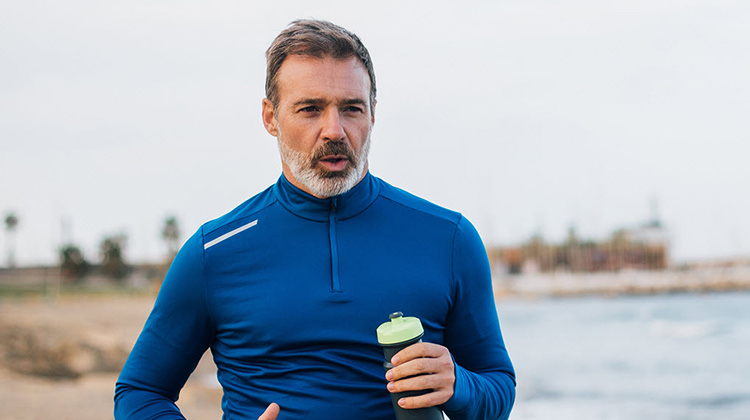By Natasha Persaud
Kidney stones develop in approximately 2% of first-time kidney transplant recipients within 3 years following transplantation, a rate that is “not rare,” according to investigators.
“Kidney stone events in patients who receive a kidney transplant are consequential,” Calyani Ganesan, MD, MS, of Stanford University in Palo Alto, California, and colleagues wrote in the Clinical Journal of the American Society of Nephrology.
Read the full story in Renal & Urology News.





